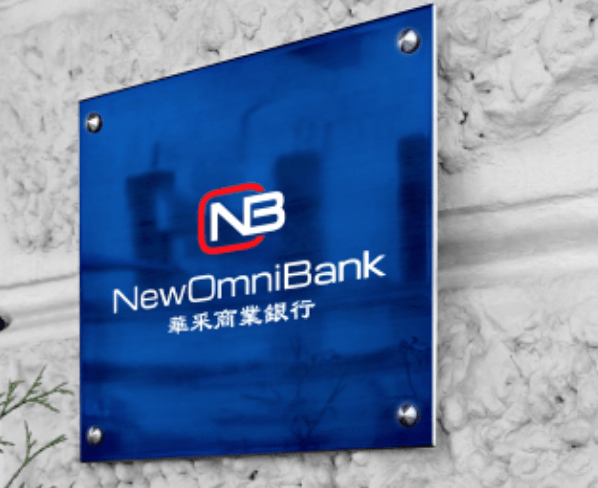6 Essential Cybersecurity Tips for Safer Banking
Key Takeaway
-
Craft Strong Passwords: Opt for complex, unique passwords for each online account, and regularly update them to enhance security.
-
Dedicated Banking Device: Use a separate, secure device for online banking activities to significantly reduce the risk of exposure to malware and security breaches.
-
Vet Account Aggregation Services: Carefully evaluate the security measures of any third-party service managing your financial data, prioritizing those with robust protection and clear breach protocols.
-
Monitor Bank Statements: Regularly review your transactions and e-statements for any discrepancies and utilize bank alerts to stay informed of any unusual activity.
- Avoid Public Wi-Fi for Banking Transactions: Opt for a secure, private network connection or a VPN when managing your finances online to prevent cybercriminals from potentially intercepting your financial information.
- Choose a Secure Online Banking Service: Select a bank that meets your financial needs while prioritizing the security and confidentiality of your information.
Online banking allows you to manage your finances from anywhere at any time. However, this convenience should never compromise security. Let’s explore these six cybersecurity measures to safeguard your accounts and transactions, ensuring a safe and seamless online banking experience.
Strengthen Your Passwords
The first step in safeguarding your online banking is to create strong and unique passwords for all your banking accounts. Regularly updating these passwords can significantly enhance your accounts’ security. Here are key practices:
- Using a password manager can help because it generates and stores complex passwords for you, which helps in managing multiple passwords effectively.
- Avoid predictable information such as birthdates or common names.
- Refrain from using the same password across multiple services.
- Always log out after each session, a vital practice for preventing unauthorized access, particularly on public or shared devices.
Opt for a Dedicated Banking Device
Minimize your risk by using a dedicated device solely for online banking. This strategy significantly reduces the device’s exposure to potential malware or security threats that are more common on devices used for general purposes. Ensure this device:
- Is kept clean of unnecessary software.
- Is regularly scanned for threats, making it a secure hub for your financial transactions.
Carefully Choose Third-Party Financial Services
While the convenience of account aggregation services providing a unified view of your finances is appealing, it’s crucial to assess these services carefully. Ensure you:
- Choose services with robust security features and clear protocols for dealing with data breaches.
- Understand how your financial data is protected against unauthorized access or exposure.
Engage in Proactive Account Monitoring
Consistently monitoring your account statements and transaction history is critical for early detection and response to any fraudulent activity. New Omni Bank provides several tools to facilitate vigilant account monitoring, including:
- E-statements: Secure and convenient access to your account statements, minimizing the risk associated with physical documents.
- Customizable Alerts: Set up alerts to be notified of any unusual activity promptly, helping you stay ahead of potential security breaches.
Avoid Public Wi-Fi for Banking Transactions
One of the most critical yet often overlooked aspects of online banking security is the network you use to access your accounts. Public Wi-Fi networks present a significant security risk. These networks often lack robust security measures, making them fertile ground for cybercriminals looking to intercept your financial data. To ensure the utmost security:
- Always opt for a secure, private Wi-Fi network or a virtual private network (VPN) when accessing your banking information. A VPN encrypts your data, making it much harder for unauthorized parties to decipher.
- If you must use public Wi-Fi, avoid logging into your bank accounts or conducting any financial transactions. Save those activities for when you can use a secured connection.
Choose a Trustworthy Online Banking Service
When choosing a bank, it’s crucial to select one that not only meets your financial needs but also prioritizes the security and confidentiality of your information through its online banking services. Here are key factors to consider:
- Look for Certifications and Accreditations: Banks that value security, like New Omni Bank, often hold certifications such as SOC2, showcasing their commitment to maintaining high security standards. This certification is a strong indicator that a bank employs rigorous data protection measures.
- Check Regulatory Status: Most reputable banks will be registered with financial regulatory authorities. In the U.S., you can check if a bank is federally insured by the FDIC, which also indicates adherence to certain operational standards.
- Ask Directly: If you have questions about security practices, a transparent bank like New Omni Bank will provide clear and comprehensive information on how it protects customer data and handles security protocols.
- Review the Bank’s Privacy Policy: This document explains how the bank uses and protects your data. You can read New Omni Bank’s privacy policy here to see how we commit to protecting your information.
By adopting these strategies, you not only safeguard your financial information but also enhance your online banking experience. If you ever have concerns or need assistance, New Omni Bank’s support team is always ready to assist.








